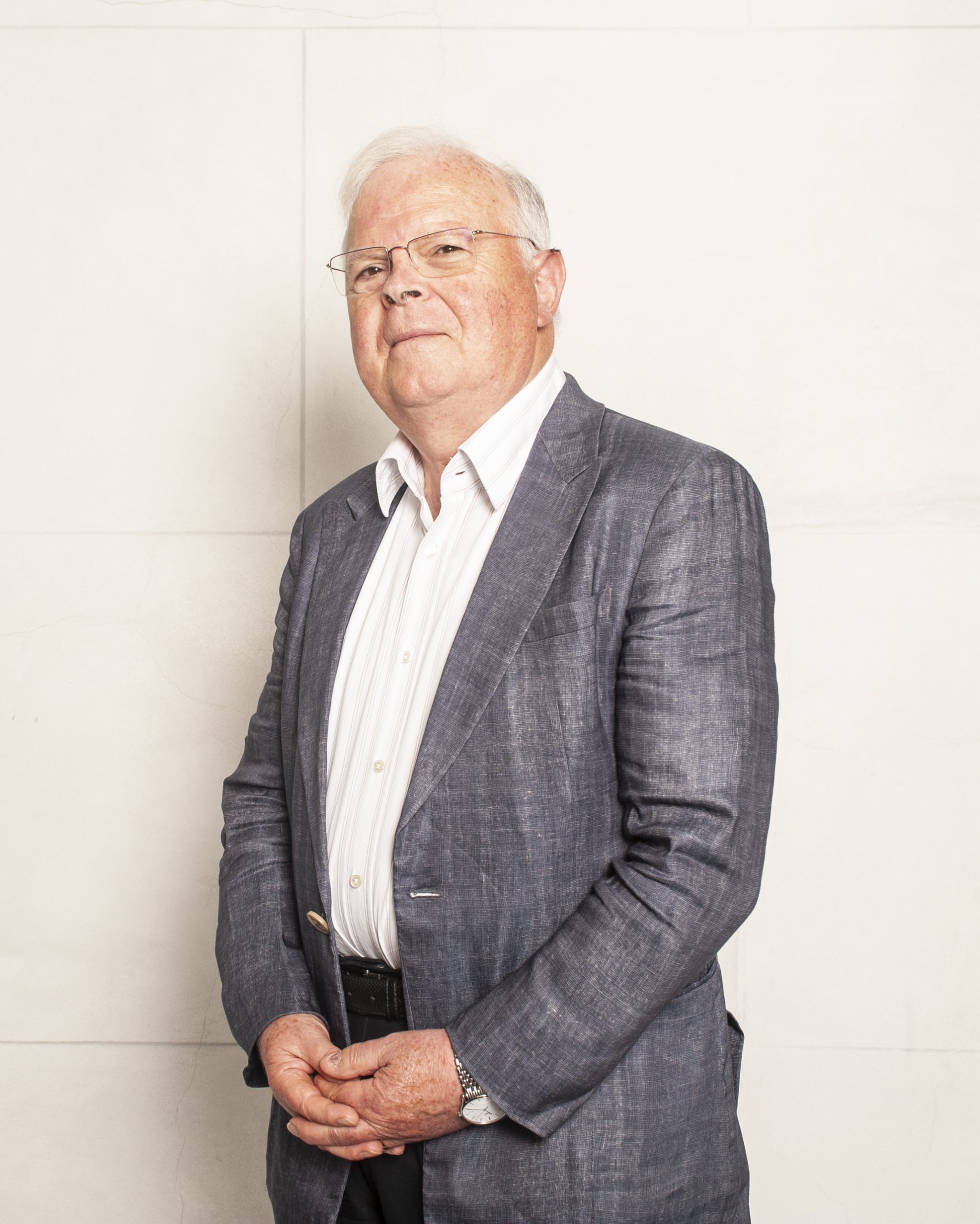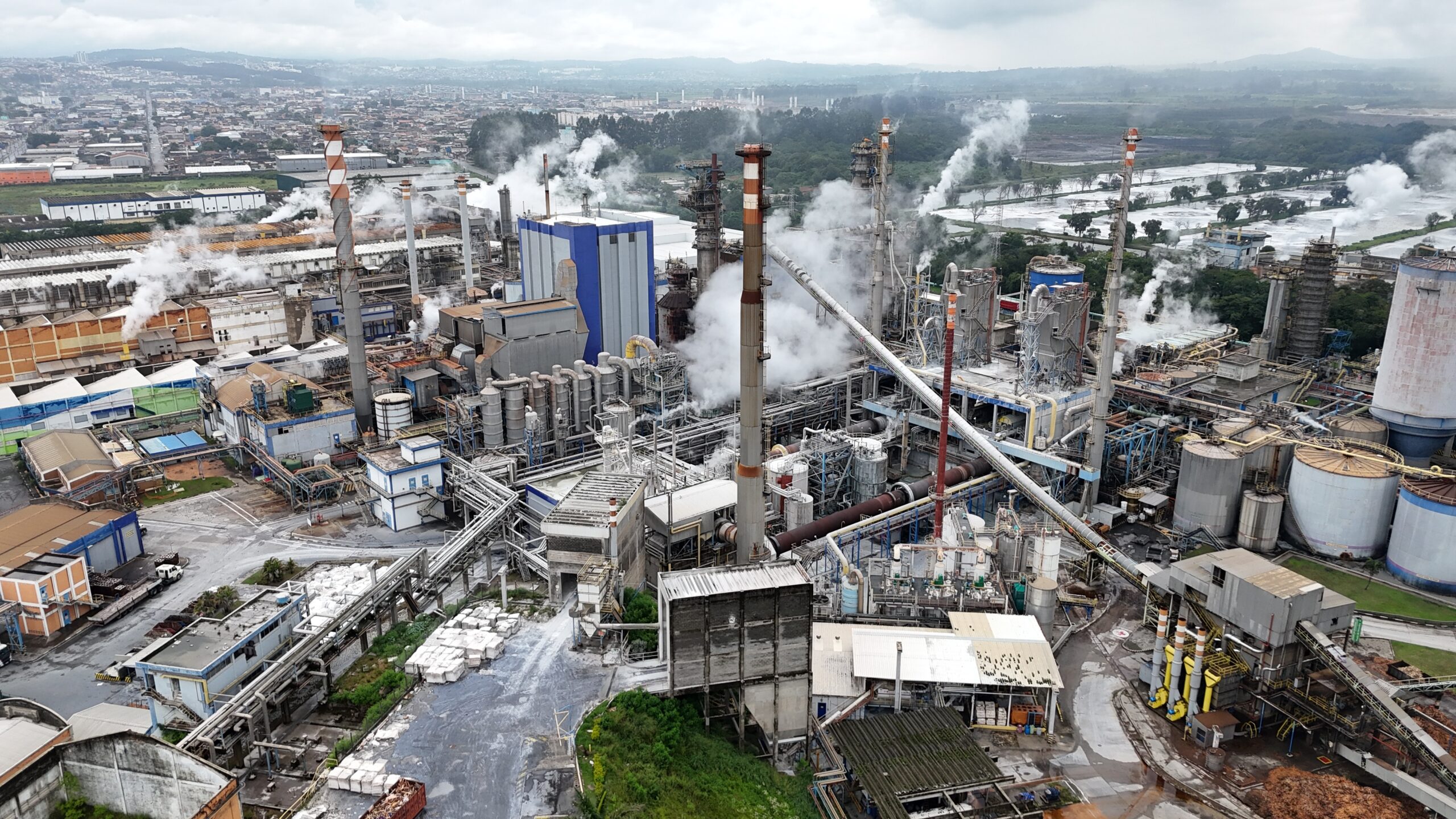Shaping future work
A Future of Work More Socially and Environmentally Conscious

Social and environmental awareness is presented as an essential element in shaping the future of work.
The pandemic, increasingly frequent natural disasters, economic crises and increased inequality between countries, regions and people are giving rise to greater social and environmental awareness, promoting values such as equality, inclusion, personal wellbeing, caring for others and the environment.
Society is calling for enterprises committed to these rising values. A report by the Future Trends Forum, Trust in the Digital Era points out to precisely that. We highlight, for example, that 69% of citizens would buy shares in an ethical company, or that 66% of consumers are ready to spend more money on a sustainably branded product.
There are three social matters to be considered when designing the future of work:
- Longevity. Increased longevity will enable seniors to continue to contribute their expertise and knowledge. There are new senior collaboration initiatives. The idea of the innovative drive of mixed junior & senior professional teams is taking off. Longevity brings along ageism or age-based discrimination. FTF expert Pamela Mead, vice president of Global Design at SumUp talks about this matter. Another one of our think-tankexperts, Ashton Applewhite, author of the book libro This Chair Rocks: A Manifesto Against Ageism, is a global leader of anti-discrimination movements.
- Inclusion. There is a unique opportunity to integrate people with disabilities. Technology can overcome labor-related hurdles for people with disabilities.
- Social gap. Spain ranks 3rd in the EU in income inequality and has the 4th largest population at risk of poverty within the EU. This is gathered from a document put together by the National Foresight and Strategy Office. Technological innovation can modernize the productive framework and fight inequalities, supported by better education for everyone.
Expert John Martin, who for many years was OECD Director for Employment, Labor and Social Affairs, explains the great social trends and how to approach them to create opportunities for everyone:








